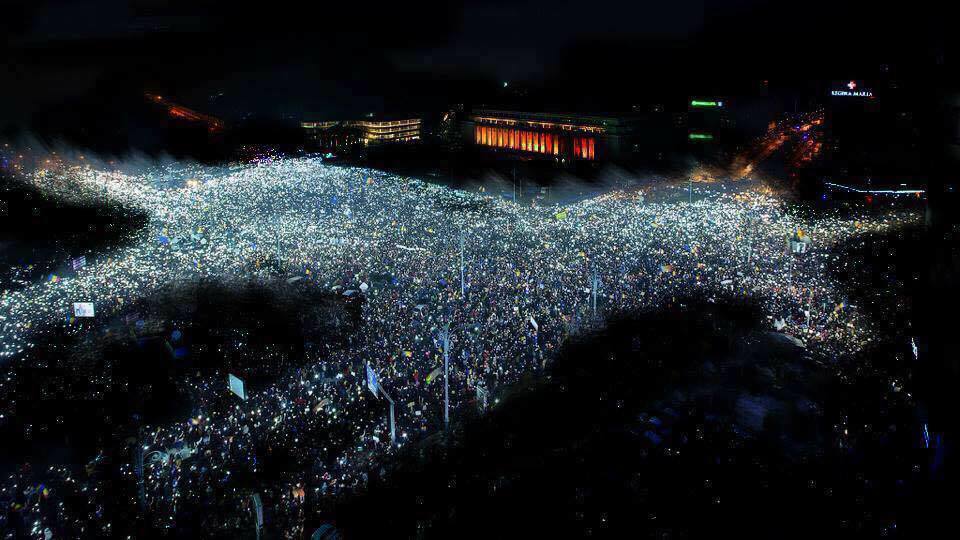
Unicorns!! Image credit: a facebook group (to be id)
Hi! Every time at Edgeryders we start a new project or build a new community I am digging into my life story from a new angle. I am Noemi, a longtime member and co-founder of Edgeryders back in the days. I will keep this version short: at 30 I walked straight into a personal life crisis and found myself in a systematic process of understanding where I come from.
I relocated to Brussels two years ago, and for the longest time I had been adamant about staying and possibly working in my own country. I was one of the last “Romanian patriots”, @alberto used to joke. Member of the struggling middle class and living in one of the most developed cities, I and many of my peers built ourselves fairly good lives and many of them are successfully living in more traditional values - marriage, job, house, and bank loans by the time we are 30. All could be well, nothing against traditional culture.
But I found myself having to re-think everything due to the erosion in society that I saw happening. Erosion compared to what it should be, living in the 21st century. Of course, Romania has seen worst in communist times, yet for some of us values like freedom, equality are non-negotiable and a one way street, as well as playing catch-up with the West. Still, every day media and forums go crazy about yet another political threat to democracy and human rights; every day we are confronted with other bubbles - mainstream and generalised - of hyper conservative values (i.e. “filthy Roma people do not deserve housing”).
The surprise for me was when sometimes, these statements came from places I least expected, friends of friends who let it slip that their true opinions are the opposite of inclusive progress and a shared future. It is shocking because in Romania we’ve been used to politicians swinging it since forever (we called it “politicianism”), but new flavours in the past ten years or so are going left and right. Populism captures many souls looking for quick solutions and intellectual shortcuts. When people you know who are the new generation become conservative, you realise that politics is down in your house now. So I felt that my living was contrived: I was friends with people whom maybe today I would not choose.
On the positive side, I rejoiced having escaped conservatism due to good upbringing. (self-)Discipline and progressive family values (thanks mom and dad!) make one want to open horizons and look beyond the scarce value offer nationally: unfortunately it often entails getting out.
Getting out is generalized and massive: in the early nineties people were flooding out for the “western mirage” in search of better lives. 3.4 millions left in just the last 10 years, and currently around 5 million live abroad, from a population of 22 million. That’s a lot. 400 000 live only in the UK and are now facing risks of being pushed away by politics gone wrong.
I didn’t leave out of cynicism or lack of hope, to be honest. Still, I can’t help but wonder: the way out is sometimes mentally healthier than staying. The fight remains though, but you do it from a “sunnier” place. Uhm, yes, Brussels.
 age crisis at 30, feeling of choking inside the “happy bubble” that supposed to protect you. My bubble are friends, local politicians from opposite party, activists. They bring hope sometimes. But still. In my case staying in country in which you feel “outsider” and you are litterally called “thread to healthy nation” - hmm, seems a little masochistic. But - deciding to start from the beginning in another country seems just as scary. How did it happen to you? When did you decide to leave and what was your “pull factor”?
age crisis at 30, feeling of choking inside the “happy bubble” that supposed to protect you. My bubble are friends, local politicians from opposite party, activists. They bring hope sometimes. But still. In my case staying in country in which you feel “outsider” and you are litterally called “thread to healthy nation” - hmm, seems a little masochistic. But - deciding to start from the beginning in another country seems just as scary. How did it happen to you? When did you decide to leave and what was your “pull factor”?


